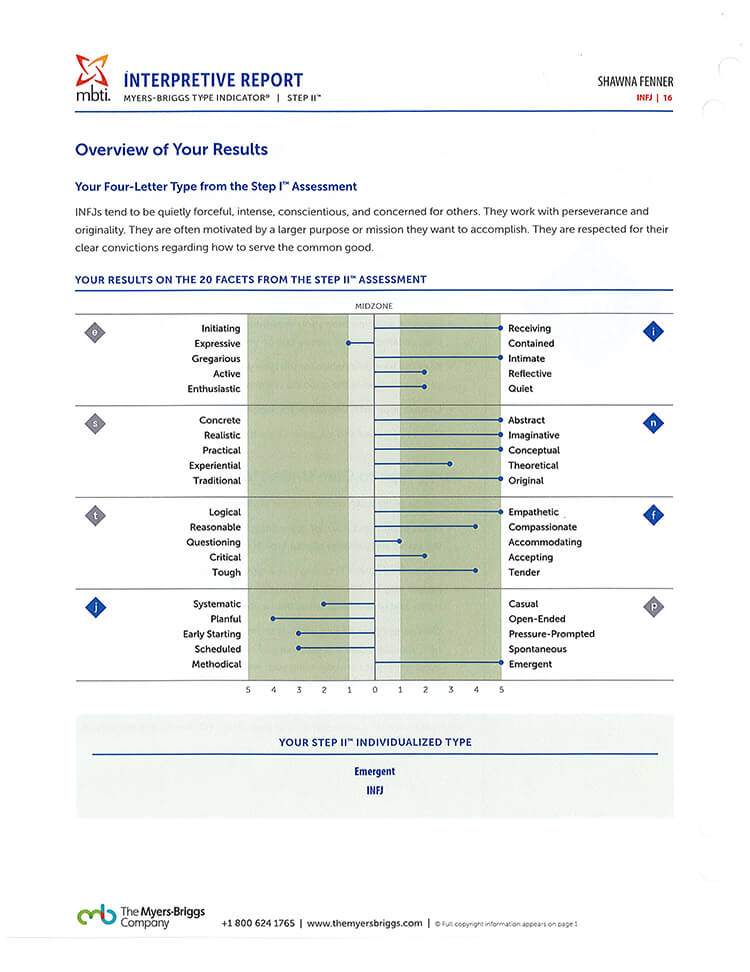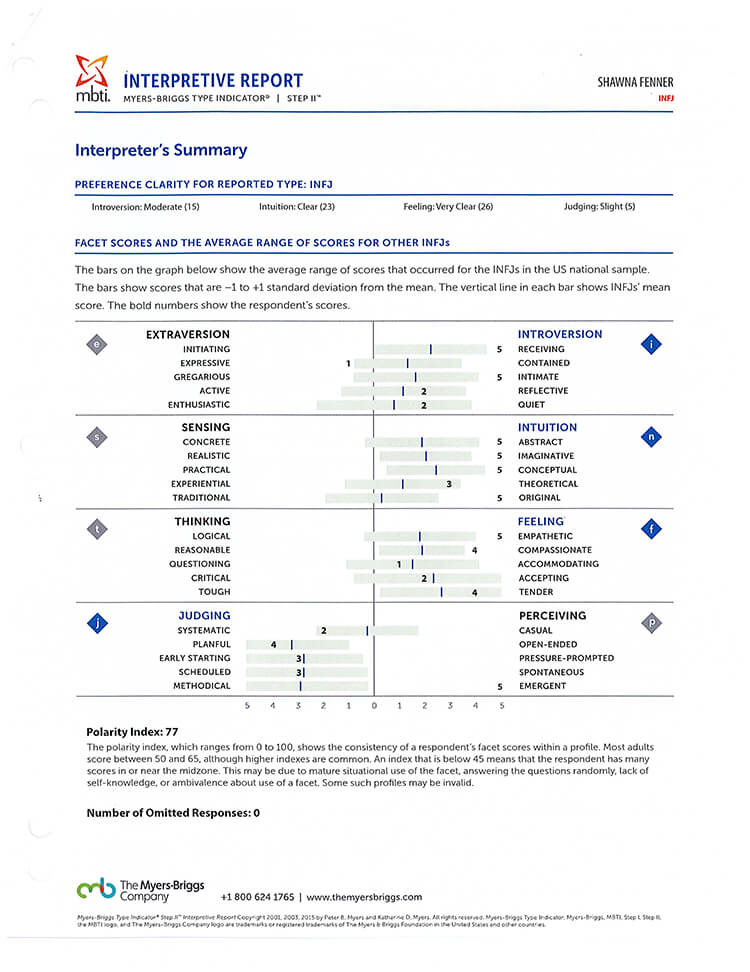In the Beginning
“Know Thyself”
Learning what makes me and others unique individuals has always interested me. My local public high school did not offer a class in psychology. As a result, I participated in National Science Foundation summer program in psychology at Western Michigan University between my junior and senior years. Aside from determining that behavioral psychology and operant conditioning were not for me, I did not settle on a particular field of interest until I had completed my undergraduate education and embarked on a doctoral program. At that time I was introduced to Carl Jung (not personally, of course) and his Psychological Types.
Focusing My Fascination
In the early 1970s Dr. Morrel Clute, one of my professors in the College of Education at Wayne State University, introduced us to the Jungian model of perception-judgment styles and speculated on how each might respond to various teaching styles. At that time, I took the Myers-Briggs Type Indicator and learned that I was an ENFP. I was so intrigued with the idea of matching teaching methods to students’ perception-judgment styles that I designed the experiment for my doctoral dissertation on this foundation.
Initial Application
When I began my teaching career, I administered the MBTI to my high school students and did my best to develop instructional activities that I believed would best suit their personality types. I had only limited success with this method and eventually abandoned it. It was only after many years that I would discover the reason for the failure of both my doctoral experiment and my efforts to apply typology to teaching to yield the results I expected.


